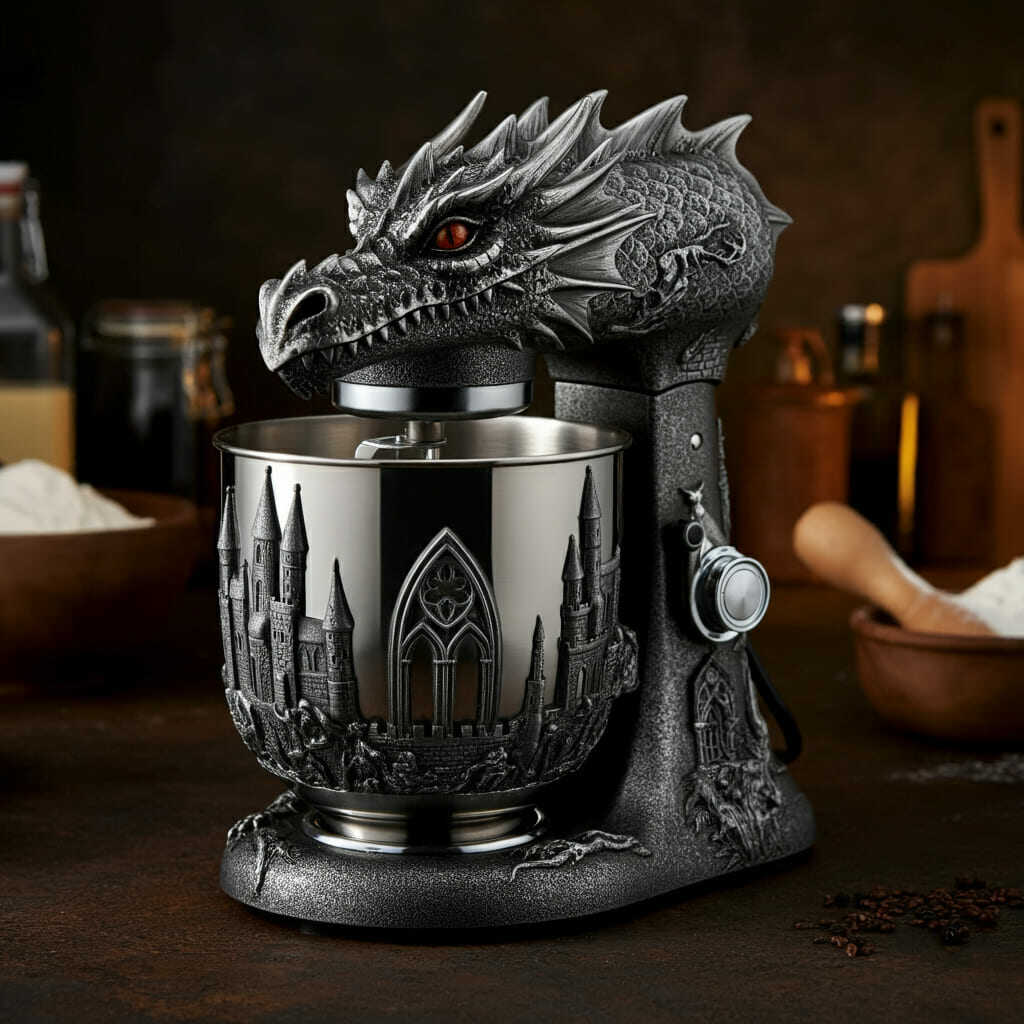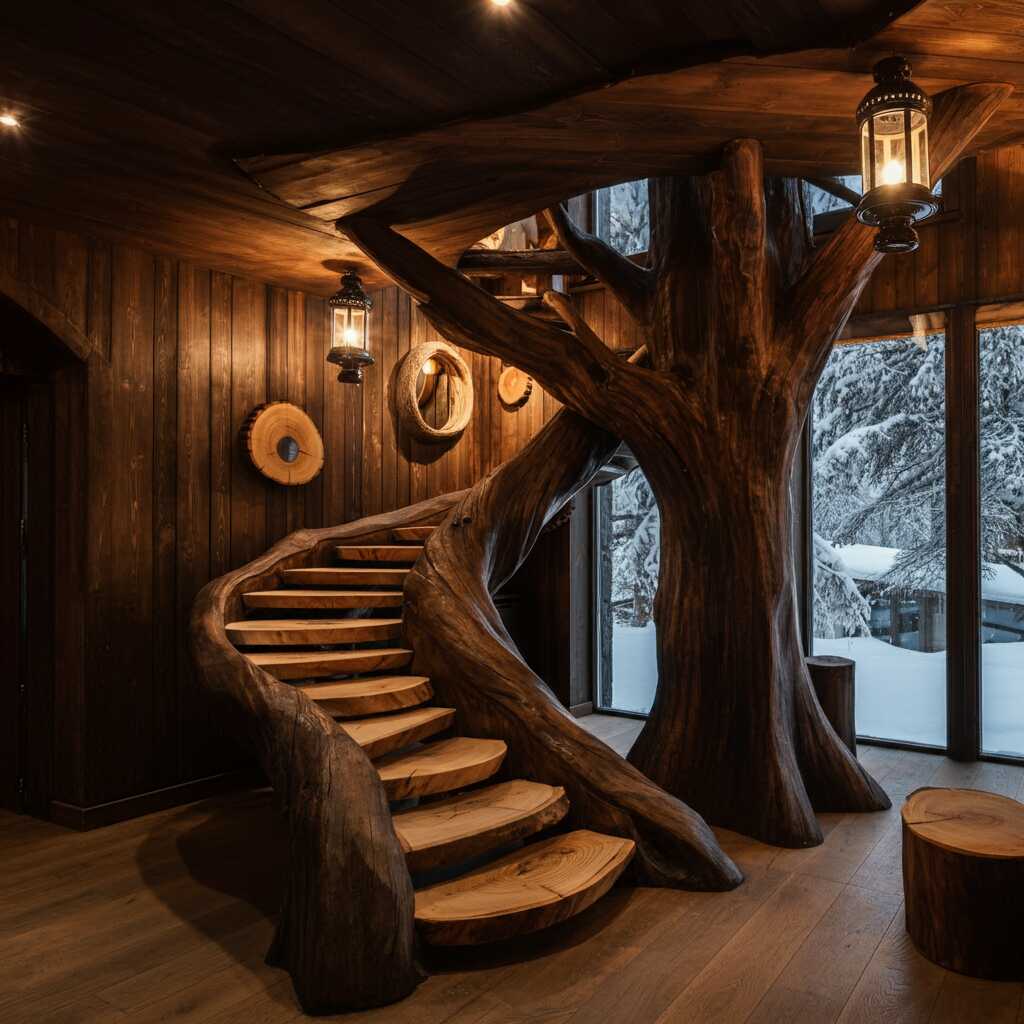The world of personal watercraft has undergone a remarkable transformation, and at the heart of this revolution stands an unexpected icon from automotive history – the legendary Volkswagen Hippy Bus. These aren’t your ordinary watercraft; Volkswagen Hippy Bus Personal Watercrafts represent a bold fusion of classic design and modern aquatic engineering, creating a new paradigm in recreational boating. The transformation from land-based hippy buses to sleek water-bound vessels marks a significant evolution in how we approach aquatic adventures, bringing the free-spirited essence of the 1960s counterculture movement to contemporary watersports.
The cultural significance of these unique watercraft cannot be overstated. The original Volkswagen Type 2, affectionately known as the “hippy bus,” became synonymous with freedom, exploration, and alternative lifestyles during its heyday. This cultural legacy seamlessly translates to the water, where the same spirit of adventure now meets the endless possibilities of aquatic exploration. What makes these personal watercrafts particularly revolutionary is their ability to blend nostalgia with cutting-edge technology, offering enthusiasts a way to experience the iconic aesthetic while enjoying state-of-the-art performance capabilities.
These watercrafts have emerged as more than just recreational vehicles; they represent a bridge between generations of adventurers. For those who fondly remember the original hippy buses, these watercrafts serve as a nostalgic reminder of past road trips and carefree days. For younger generations, they offer an introduction to a piece of cultural history, reimagined for modern times. The combination of retro charm and contemporary functionality creates an irresistible appeal that transcends age barriers and appeals to anyone who values both style and substance in their recreational pursuits.
The game-changing nature of Volkswagen Hippy Bus Personal Watercrafts lies in their ability to redefine what’s possible in personal water transportation. They’ve successfully captured the imagination of water sports enthusiasts worldwide by offering a unique proposition: the chance to ride the waves in unmistakable style while benefiting from advanced marine technology. This innovative approach to watercraft design has opened up new avenues for leisure activities, attracting attention from diverse groups including vintage vehicle enthusiasts, modern water sports aficionados, and those simply seeking a distinctive way to enjoy time on the water.
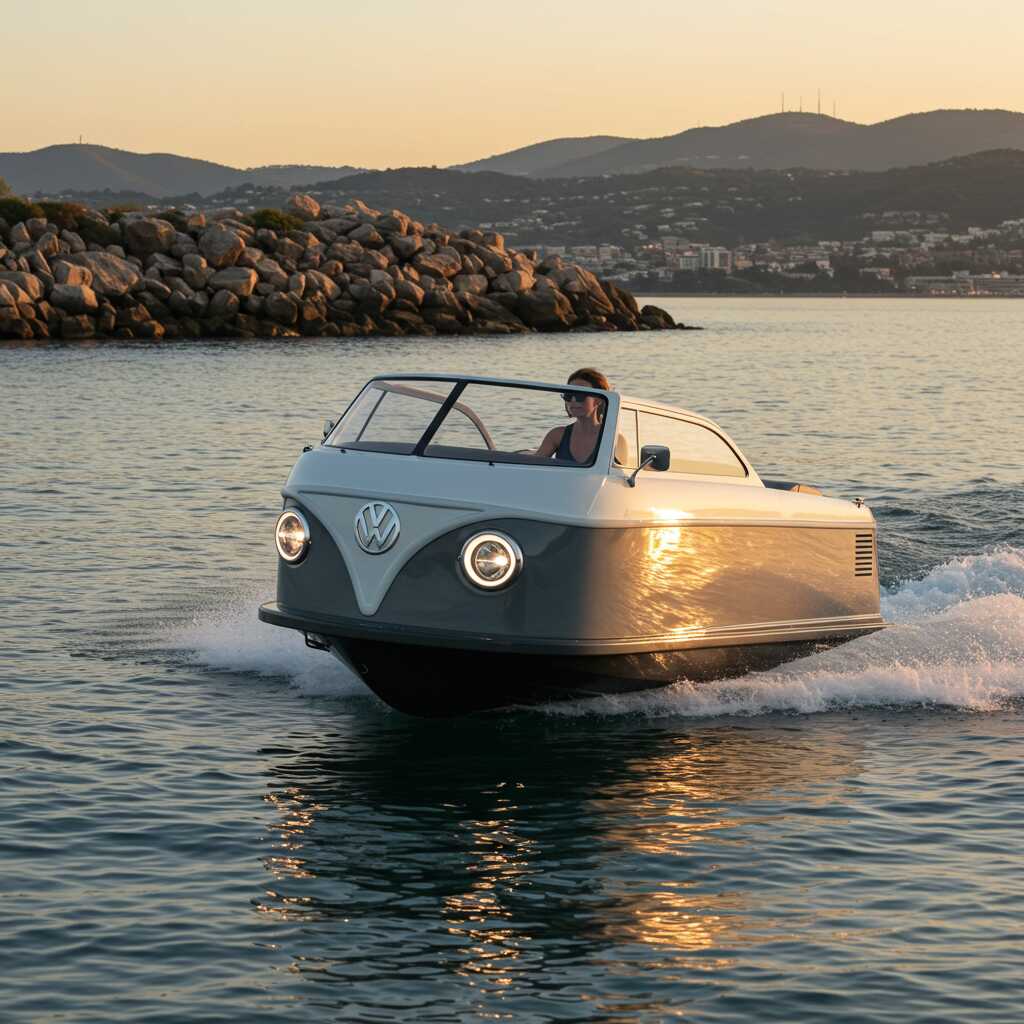
Design Innovation: Where Retro Meets Modern Engineering
The design philosophy behind Volkswagen Hippy Bus Personal Watercrafts represents a masterful balancing act between preserving the iconic elements of the original hippy bus and incorporating essential modern features required for safe and efficient water navigation. At first glance, these watercrafts capture the unmistakable silhouette that made the original vehicles famous – the rounded roofline, split windshield, and characteristic two-tone paint schemes remain intact. However, upon closer inspection, it becomes evident how engineers have cleverly adapted these classic design elements for aquatic use while maintaining the vehicle’s signature charm.
The most striking adaptation lies in the hull design, which combines the boxy profile of the original bus with advanced hydrodynamic principles. Engineers have developed a specially contoured fiberglass hull that maintains the visual impression of the classic mini-bus while optimizing water displacement and stability. This innovative design incorporates a stepped hull configuration that reduces drag and improves fuel efficiency without compromising the vehicle’s distinctive appearance. The result is a watercraft that looks like it belongs in a 1960s surf movie but performs with the precision of modern racing yachts.
Powertrain engineering represents another area where tradition meets innovation. While the original air-cooled engines would be impractical for marine use, these personal watercrafts feature specially designed marine propulsion systems housed within custom-built engine compartments. These powerplants are positioned to maintain proper balance and weight distribution, crucial for both safety and performance on the water. The engine covers themselves are crafted to resemble the rear engine compartment of classic VW buses, complete with decorative vents and louvers that echo the original design while serving practical ventilation purposes.
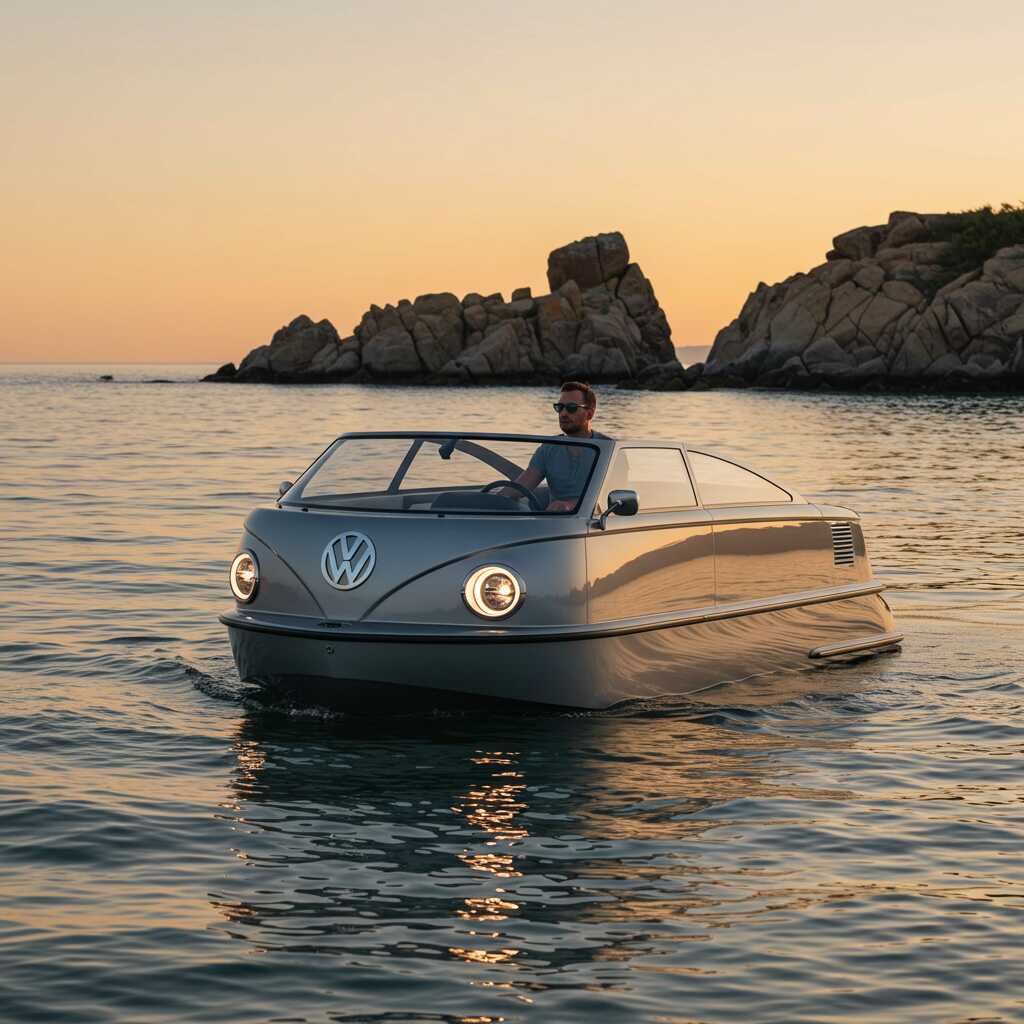
Interior space utilization exemplifies the thoughtful integration of old and new. The characteristic bench seating arrangement has been retained, but now features marine-grade upholstery and strategically placed grab handles for safety. The dashboard preserves the simple, analog charm of the original vehicles but incorporates modern digital displays for navigation, depth sounding, and engine monitoring. Clever storage solutions tuck away life jackets and safety equipment while maintaining the clean, uncluttered look that defined the original hippy bus interior.
Safety considerations have driven numerous subtle but crucial modifications. The characteristic large windows provide excellent visibility while being constructed from tempered marine glass resistant to saltwater corrosion. Additional flotation chambers are ingeniously integrated into the body structure, maintaining the vehicle’s visual integrity while enhancing buoyancy and safety. The roof design incorporates hidden drainage channels and non-skid surfaces, allowing passengers to enjoy the open-air experience safely even in wet conditions.
Perhaps most impressively, these watercrafts have preserved the original vehicle’s modular design philosophy. Owners can customize their craft with various accessories and upgrades, much like the original buses could be modified for different uses. From surfboard racks to fishing rod holders, these adaptations maintain the spirit of personalization that made the original hippy bus so beloved while serving practical functions for water-based activities.
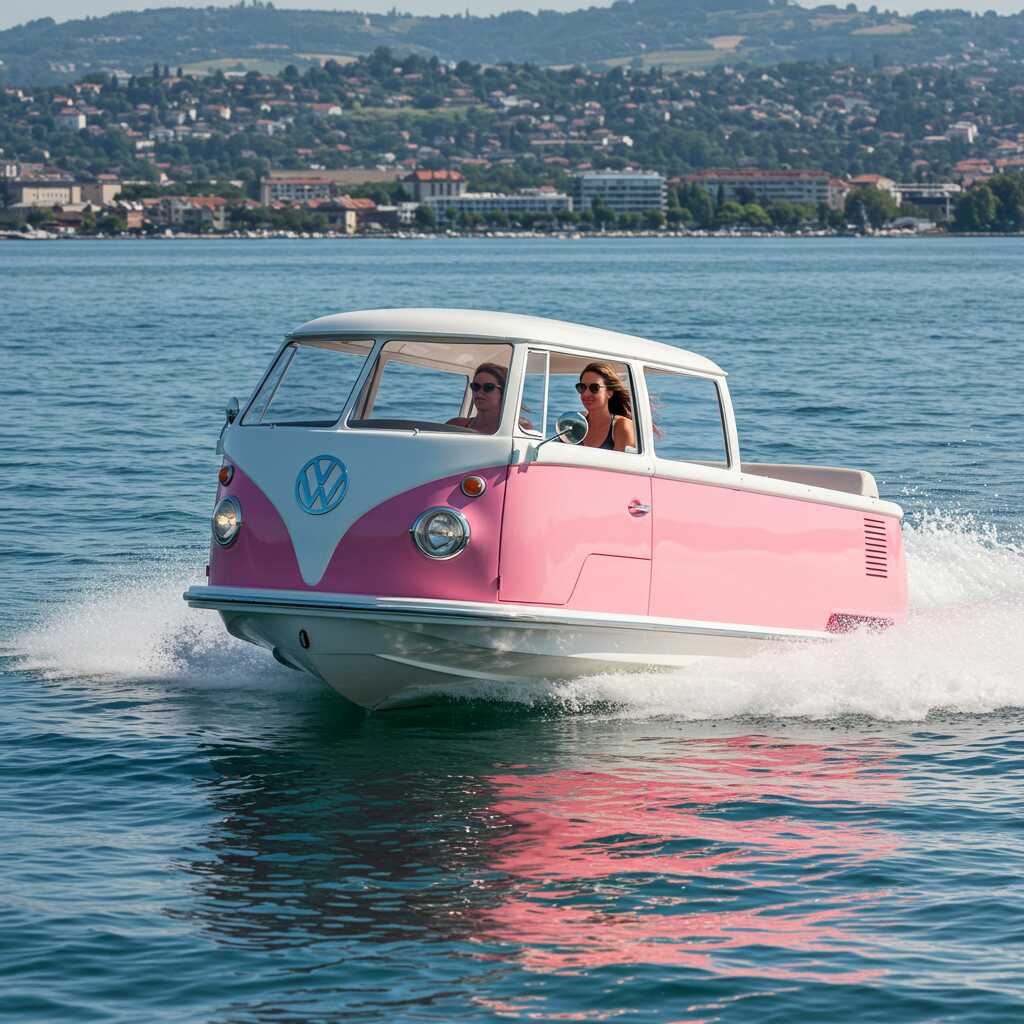
Performance and Versatility: Redefining Aquatic Adventures
The performance capabilities of Volkswagen Hippy Bus Personal Watercrafts set them apart from conventional watercraft in several remarkable ways. Powered by advanced marine engines specifically calibrated for optimal water performance, these vessels achieve impressive speeds while maintaining exceptional stability and maneuverability. Unlike traditional personal watercraft that often prioritize speed over comfort, these vehicles deliver a smooth, controlled ride thanks to their unique hull design and balanced weight distribution. The powerful yet efficient engines enable users to explore vast expanses of waterways, from calm lakes to coastal waters, without sacrificing the comfort and social interaction that made the original hippy buses so appealing.
One of the most compelling aspects of these watercrafts is their versatility across various environments. Their spacious design accommodates multiple passengers comfortably, making them ideal for family outings or group adventures. The generous deck space and stable platform allow for diverse activities, from casual cruising to more active pursuits like fishing or photography expeditions. The craft’s shallow draft enables access to areas typically off-limits to larger boats, opening up secluded coves and narrow waterways for exploration. This adaptability extends to different weather conditions as well, with the enclosed cabin option providing protection during inclement weather while still offering panoramic views through the characteristic large windows.
The social aspect of these watercrafts represents a significant departure from traditional personal watercraft experiences. Rather than solitary rides or limited passenger capacity, these vehicles facilitate genuine social interaction and shared experiences. The bench seating arrangement encourages conversation and connection among passengers, while the open design allows everyone to fully engage with the surrounding environment. This communal aspect particularly appeals to those seeking meaningful quality time with friends and family, rather than just adrenaline-fueled solo adventures.
Practical applications extend far beyond recreational use. Business owners in tourism-heavy regions have embraced these watercrafts for guided tours, leveraging their distinctive appearance to attract attention and create memorable experiences for visitors. The vehicles’ reliability and ease of maintenance make them suitable for commercial operations, while their unique character ensures high rental demand. Environmental researchers have also found value in these craft, using their stability and quiet operation (compared to traditional motorboats) for wildlife observation and ecosystem studies. The craft’s ability to navigate shallow waters and maintain position without excessive disturbance proves invaluable for scientific work.
For water sports enthusiasts, these personal watercrafts offer unprecedented flexibility. Surfers can use them as mobile bases for accessing remote breaks, while divers appreciate the stable platform for gear preparation and surface intervals. The craft’s spaciousness accommodates all necessary equipment without feeling cramped, and specialized versions come equipped with features like built-in compressors for scuba tanks or specialized storage for water sports gear. Even anglers have found these vehicles perfectly suited to their needs, with options for live wells, rod holders, and other fishing-specific modifications available.
The economic advantages of owning a Volkswagen Hippy Bus Personal Watercraft become increasingly apparent when considering their long-term value proposition. Unlike many recreational vehicles that depreciate rapidly, these watercrafts maintain strong resale values due to their unique combination of nostalgia and practicality. Their robust construction and reliable components ensure years of trouble-free operation with minimal maintenance costs. Additionally, their multi-purpose capabilities mean owners can justify the investment by using the craft for various activities throughout the year, maximizing their return on investment compared to single-purpose watercraft.
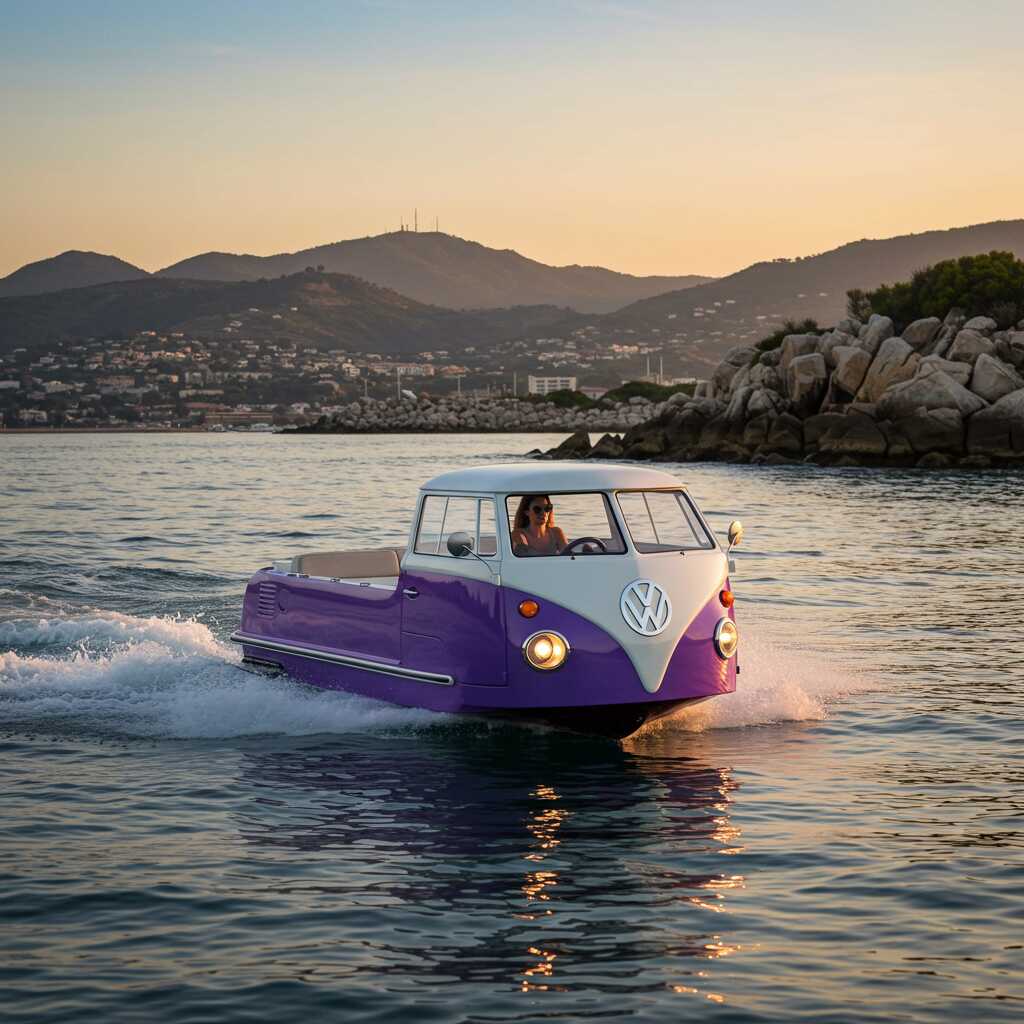
Environmental Impact and Sustainable Innovation
The environmental implications of Volkswagen Hippy Bus Personal Watercrafts represent a significant advancement in sustainable watercraft design, addressing growing concerns about marine pollution and ecological impact. Unlike traditional personal watercraft that often rely on two-stroke engines notorious for oil consumption and emissions, these vehicles incorporate four-stroke marine engines with advanced catalytic converter technology. This engineering choice dramatically reduces harmful emissions, aligning with stringent environmental regulations while maintaining impressive performance capabilities. The implementation of closed-loop cooling systems further minimizes water contamination risks, ensuring that coolant remains contained within the system rather than being discharged into natural water bodies.
Manufacturers have taken sustainability beyond mere compliance, integrating eco-friendly materials throughout the construction process. The hulls utilize recycled composite materials that maintain structural integrity while reducing reliance on virgin resources. Marine-grade upholstery employs sustainable fabrics treated with environmentally friendly coatings that resist UV damage and mildew without releasing harmful chemicals into the water. Even the paint systems have been reformulated to eliminate volatile organic compounds (VOCs), significantly reducing air pollution during manufacturing and throughout the vehicle’s lifecycle.
Energy efficiency stands as another cornerstone of these watercrafts’ environmental credentials. Advanced hull designs reduce drag by up to thirty percent compared to conventional personal watercraft, translating directly into improved fuel economy. Smart engine management systems optimize power delivery based on real-time operating conditions, further enhancing efficiency. Some models incorporate solar panels discreetly integrated into the roof design, providing auxiliary power for onboard systems and reducing reliance on the main engine for electrical needs. These innovations collectively contribute to extended range capabilities while minimizing carbon footprint per nautical mile traveled.
The watercrafts’ design inherently promotes responsible environmental practices among users. Their spacious platforms allow for easy collection and disposal of marine debris encountered during excursions, turning every outing into a potential beach cleanup opportunity. Integrated waste management systems encourage proper disposal of trash and recyclables, while designated areas for reusable water containers reduce single-use plastic consumption. The craft’s stability and low wake generation make them particularly suitable for sensitive ecosystems, as they minimize disturbance to marine habitats and shorelines.
Looking forward, ongoing research and development promise even greater environmental benefits. Manufacturers are actively exploring hybrid propulsion systems that combine traditional internal combustion engines with electric motors, potentially enabling zero-emission operation in protected areas. Battery technology advancements may soon allow for fully electric versions capable of extended range, further reducing reliance on fossil fuels. These innovations build upon the existing foundation of sustainable design, ensuring that Volkswagen Hippy Bus Personal Watercrafts continue to lead the industry in environmental responsibility while maintaining their signature style and performance capabilities.
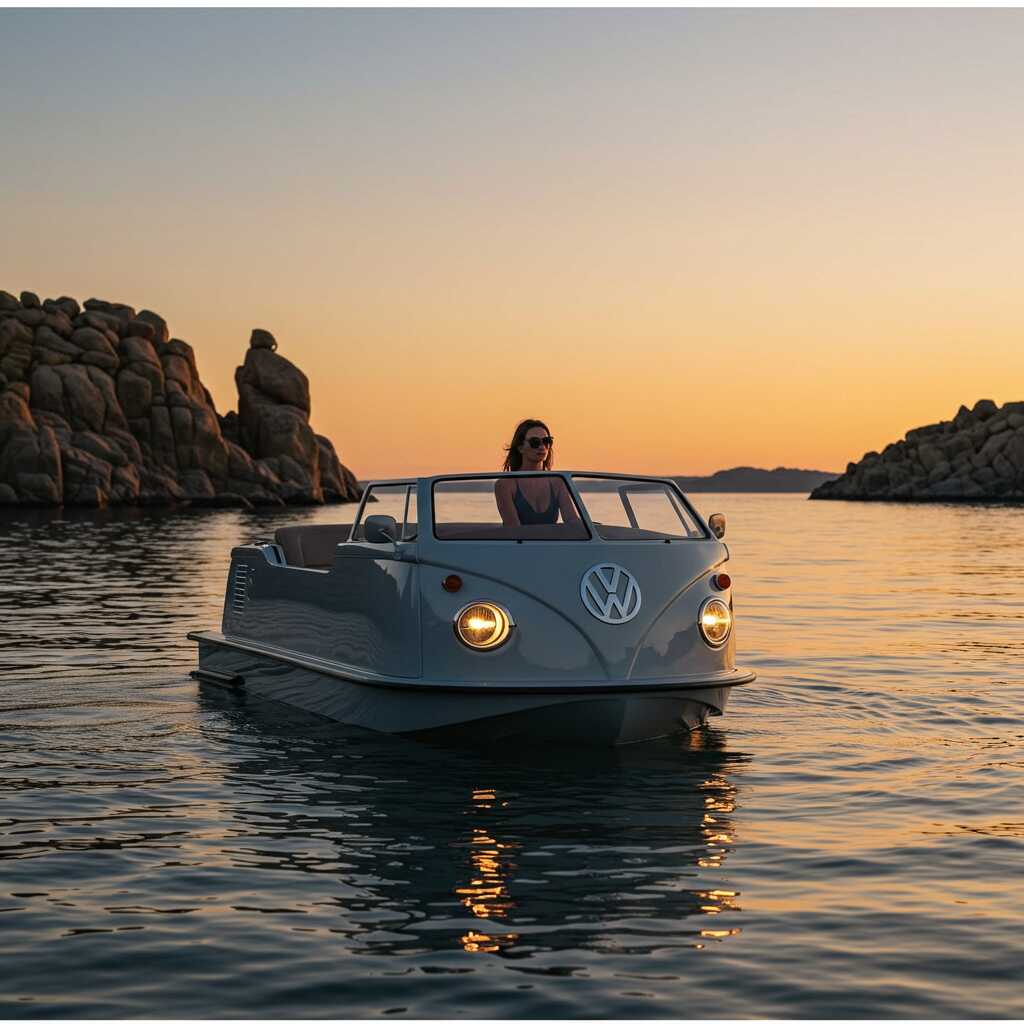
Conclusion: Charting a New Course in Watercraft Innovation
As we reflect on the transformative impact of Volkswagen Hippy Bus Personal Watercrafts, it becomes clear that these remarkable vessels represent far more than a simple novelty item. They embody a perfect synthesis of cultural heritage, cutting-edge engineering, and environmental consciousness, setting a new standard for personal watercraft design. The undeniable popularity of these watercrafts stems not only from their iconic aesthetic but also from their ability to deliver exceptional performance while maintaining a deep respect for our natural resources. This unique combination has created a new category of recreational vehicles that appeals to diverse audiences, from nostalgic enthusiasts to environmentally conscious adventurers seeking sustainable ways to explore aquatic environments.
The future prospects for Volkswagen Hippy Bus Personal Watercrafts appear exceptionally promising, with technological advancements poised to enhance their capabilities even further. As battery technology continues to evolve, we can anticipate the emergence of fully electric models that retain the classic charm while operating with zero emissions. Autonomous navigation systems and smart connectivity features will likely become standard, enabling safer and more intuitive operation while maintaining the vehicles’ signature accessibility. These developments will undoubtedly expand their appeal to tech-savvy consumers while preserving the fundamental joy of experiencing the water in style.
For those contemplating investment in a personal watercraft, Volkswagen Hippy Bus Personal Watercrafts present an unparalleled value proposition. Beyond their obvious aesthetic appeal, these vehicles offer exceptional versatility, environmental responsibility, and long-term durability. The ability to customize these craft for specific needs ensures that each owner can create a truly personal waterborne experience. Whether planning weekend getaways, pursuing water sports passions, or seeking a unique addition to a charter fleet, these watercrafts deliver unmatched flexibility and performance. In a market crowded with conventional offerings, Volkswagen Hippy Bus Personal Watercrafts stand out as a testament to what’s possible when creativity, engineering excellence, and environmental stewardship converge, truly redefining what it means to ride the waves in style.
